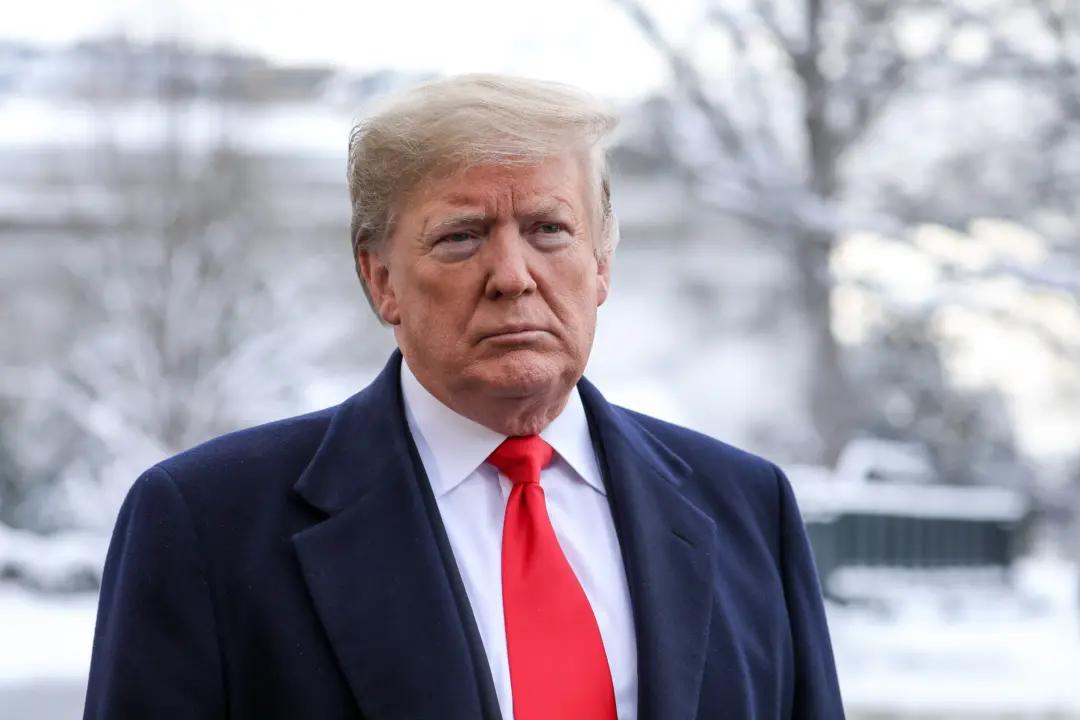Commentary
Tuesday night’s first presidential debate was not, to borrow the apt phrasing of Senate Majority Leader Mitch McConnell (R-Ky.), exactly on par with the Lincoln-Douglas contests of 1858. Democratic nominee Joe Biden’s dispositional frailty, ignitable temper, and pandering to his base of America-hating leftist insurrectionists were on galling display for all to see. But President Donald Trump, hamstrung by a two-front assault from an irascible foe and a most immoderate moderator, failed to persuade undecided suburban female voters with a performance best described as hectoring bordering on raw machismo. Trump’s clear meritoriousness on the substantive issues unfortunately will be, to the extent it has not already been, all but overshadowed.





